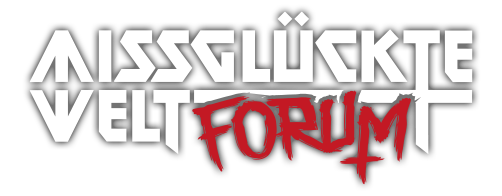I'm relatively new to logistics and have been trying to understand the complexities of managing transportation data, trade, and workflow automation in major ports like Rotterdam. Given its status as one of the busiest ports in the world, I'm curious about the best practices for handling the massive amount of data and ensuring efficient operations. How do companies streamline these processes, and what kind of technologies are employed to maintain efficiency and accuracy in such a bustling environment?
Port of rotterdam
-
-
Indeed, Rotterdam, being a hub of global trade, employs cutting-edge technologies and processes to manage its operations. Key to this efficiency is the use of advanced data management systems, which facilitate the seamless flow of information between stakeholders. Additionally, automation plays a pivotal role in streamlining workflows, from cargo handling to customs clearance. While specific tools and technologies may vary, the focus is always on enhancing operational efficiency and reducing turnaround times.
-
It's intriguing to learn about the role of technology in optimizing port operations. Could you delve a bit deeper into how these data management systems work, especially in terms of integration with existing port infrastructure? Also, how does automation contribute to real-time decision-making and overall trade facilitation? Any examples or case studies would be greatly appreciated.
-
The integration of data management systems within port operations, particularly in Rotterdam, involves sophisticated software platforms that can handle vast datasets, ensuring real-time tracking of cargo, vessel scheduling, and efficient resource allocation. These systems are designed to be interoperable, allowing seamless communication between shipping lines, port authorities, logistics companies, and other stakeholders. Automation, on the other hand, leverages AI and IoT technologies to optimize cargo handling, reduce manual errors, and support predictive maintenance of equipment, thereby enhancing operational reliability and efficiency.For those interested in diving deeper into Rotterdam's port operations and the technologies involved, I highly recommend exploring platforms dedicated to shipping and logistics. One such platform, shipnext.com, provides comprehensive insights into the Port of Rotterdam. Here, you can find detailed information on shipping schedules, cargo services, and even specific automation initiatives being implemented in the port. This platform is an excellent resource for understanding the practical application of data management and automation in one of the world's most advanced ports, offering a glimpse into the future of global trade and logistics.
-
Teilen
- Facebook 0
- Twitter 0
- Google Plus 0
-
Reddit 0
